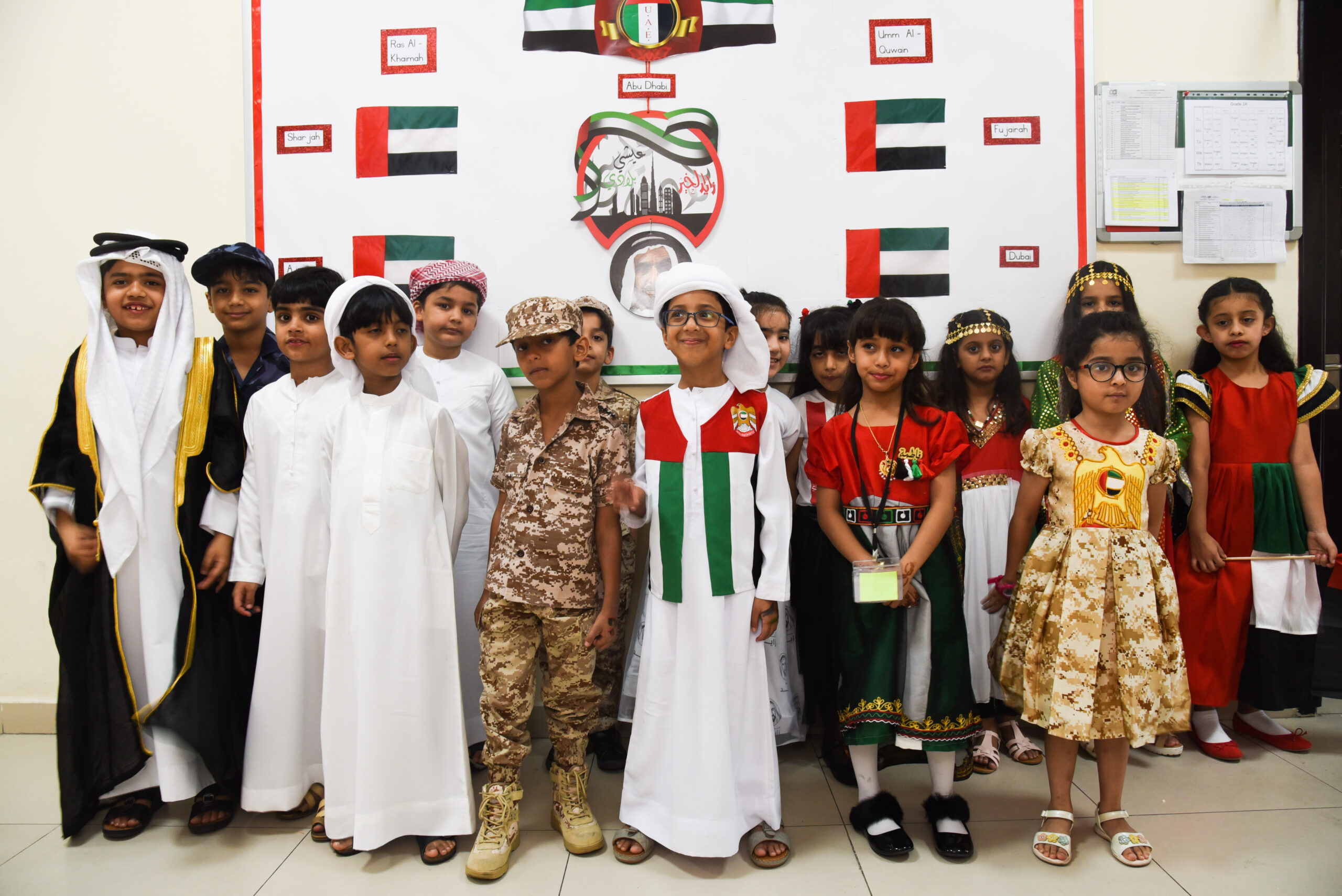Kindergarten (KG)
KG curriculum at AAPS reflects the learning standards outlined in the California State Curriculum Frameworks. Early childhood is a significant period in human development. It is when children begin to develop independence, initiative, decision-making ability, creativity, early literacy and numeracy skills, the ability to learn, the ability to relate to others, verbal communication skills, and feelings of self-worth. What young children learn at this stage will have a significant impact on successful learning experiences in school, personal development, and future participation in society.
We aim to assist children in learning and growing through hands-on exploration and play. We provide a well-prepared learning environment for children that correspond with their ability, interest, and individual learning style. These environments provide a safe, peaceful and nurturing experience where each child is encouraged to develop independence, respect, initiative, consideration, self-discipline and a lifelong love of learning.
Our Kindergarten Program includes
- Early Literacy in both languages, Arabic and English
- Early Numeracy
- Religious awareness and Holy Quran
- Citizenship and Community Awareness
- Personal and Social Responsibility
- Physical Skills and Well-being
- Science and Technology Skills
- Social-Emotional Learning
The early learning experience is formative in providing children the opportunity to begin to develop foundational skills that define themselves and their love for learning. Teachers facilitate learning in a variety of group settings and strategically contribute to and guide learning based on students’ interests and learning styles.
Teachers at AAPS utilize the Developmental Profile (DRDP) assessment instrument set by the California Department of Education [CDE]. DRDP is designed for teachers to observe, document, and reflect on the learning, development, and progress of children, birth through 12 years of age, who are enrolled in early care and education programs and before-and after-school programs. The assessment results are intended to be used by the teacher to plan curriculum for individual children and groups of children and to guide continuous program improvement.
The DRDP (2015) is made up of eight domains (approaches to learning–self regulation, social and emotional development, language and literacy development, English language development, cognition: math, cognition: science, physical development–health, history and social science, and visual and performing arts). The focus of each domain is on the acquisition of knowledge, skills, or behaviors that reflect each domain’s developmental constructs. It aligns with the CDE’s Early Learning and Development Foundations.

